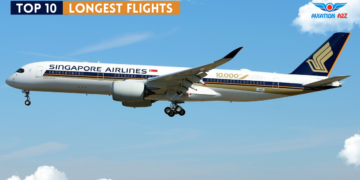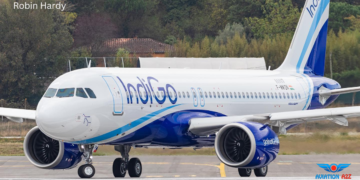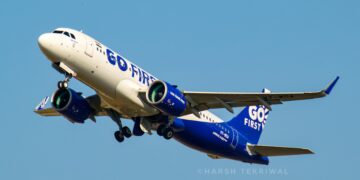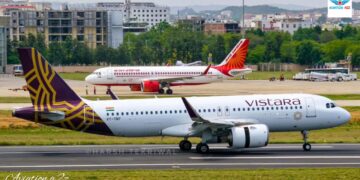DELHI- The Directorate General of Civil Aviation (DGCA) in India has initiated a comprehensive assessment of pilot fatigue data to determine whether any adjustments to policies are necessary following the unexpected passing of an IndiGo (6E) pilot.
A senior official from the aviation ministry revealed to Reuters that this review, which has not been disclosed previously, was prompted by the recent incident in which an IndiGo pilot collapsed and passed away before his scheduled flight.
This event has led to concerns raised by certain Indian pilots, who have expressed that airlines are pushing them to their limits despite adhering to duty time regulations.
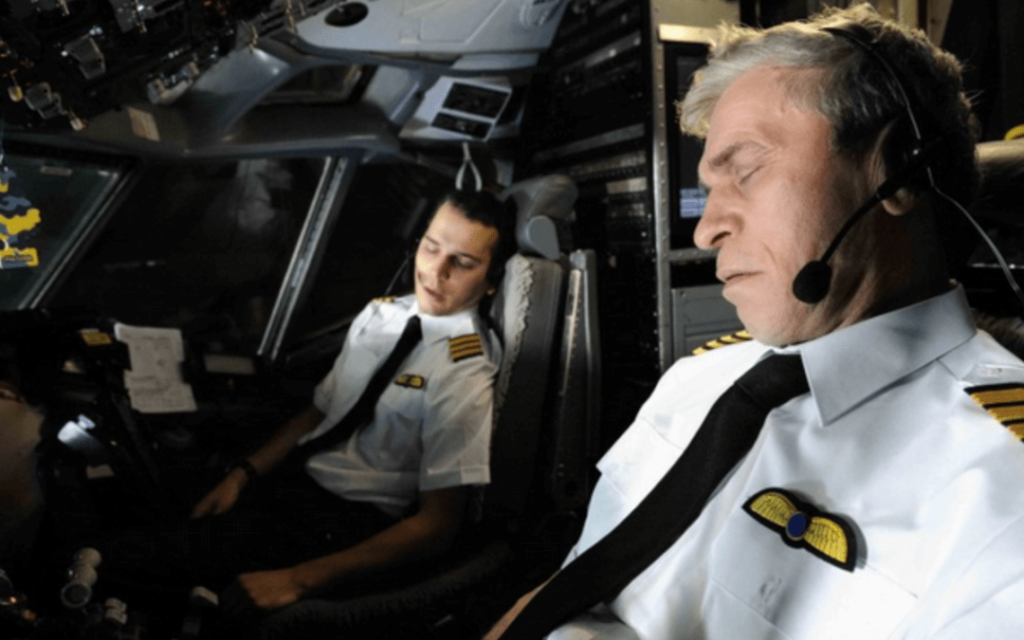
DGCA Reviewing Pilot Fatigue Data
Following the recent pilot’s passing, many airline pilots are establishing an association aimed at contesting the flight duty regulations they argue lead to exhaustion and compromise safety.
In response, DGCA has decided to thoroughly examine pilot fatigue data obtained through random checks and airline monitoring.
This review seeks to determine whether adjustments are required in the regulations pertaining to flight duty times or fatigue.
The official further indicated that the regulator might take the initiative to approach Indian airlines and request detailed information regarding fatigue-related pilot grievances.
The official added that the review would be conducted at a detailed level yet chose to remain anonymous in line with governmental guidelines.
While pilot fatigue remains a global concern, India is at the epicenter because it is the world’s fastest-expanding aviation market.
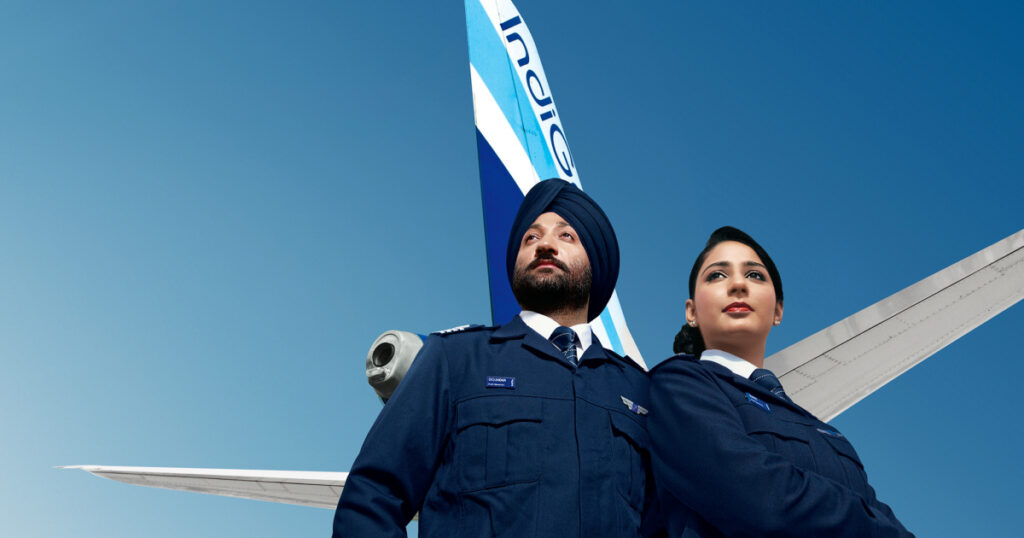
Will there be Change?
IndiGo (6E), the largest airline in India, has stated that the pilot who passed away had a 27-hour break before commencing duty and was healthy.
In the United States, regulations permit pilots on two-pilot flights to be on duty for a maximum of 14 hours during daytime operations and nine hours for late-night flights.
In contrast, India does not distinguish between day and night flights and allows pilots to remain on duty for up to 13 hours within a 24-hour period.
The official emphasized that the regulator would implement any necessary systemic changes robustly. The primary focus is on achieving outcomes, and the regulatory body is open to taking all required measures.
Furthermore, India aims to align its regulations with those of other major aviation authorities.
The official added that Indian pilots should feel confident reporting fatigue without fear of airline reprisal. Additionally, there is a call for airlines to exercise greater prudence in rostering, including careful monitoring of fatigue.
This responsibility is seen as shared between the industry and regulators.
Stay tuned with us. Further, follow us on social media for the latest updates.
Join us on Telegram Group for the Latest Aviation Updates. Subsequently, follow us on Google News.



